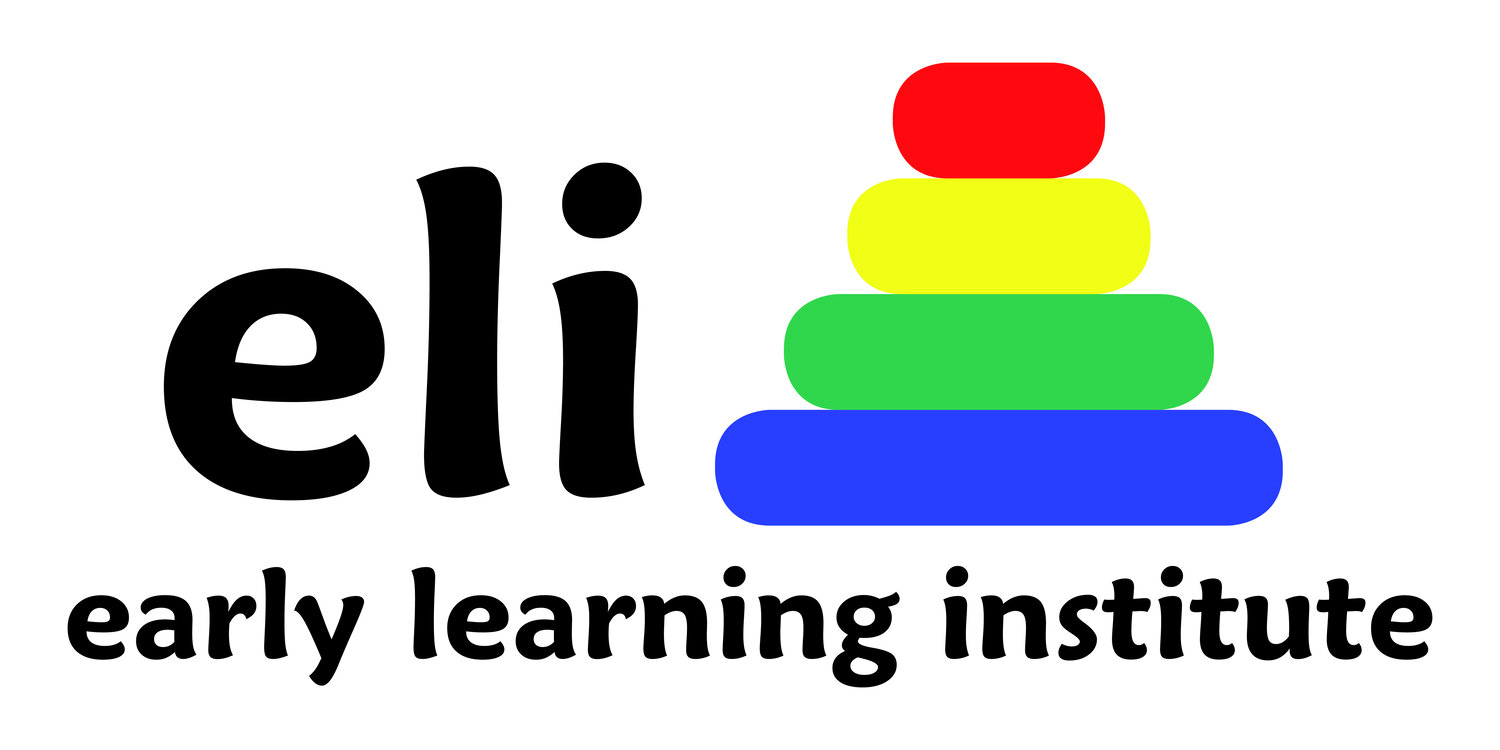Ask Nana
February 24th, 2022
How Do You Even Begin To Explain War To A Child?
Dear Nana,
How do I talk to my child about what is happening in the Ukraine? He asked me this morning what a world war was.
-Sad and Worried Mom
Dear Sad And Worried Mom,
I’m sad and worried too - I can’t imagine the fear and feelings of helplessness when literally you have bombs raining down on your family, friends and coworkers. Russian soldiers are also dying – As a mother and grandmother, I can’t help but think of the pain their families are going through.
You didn’t say how old your child is so let’s start with a reminder that all children are sponges…they will absorb images of what is on TV and other media, even if they don’t really understand those images. I encourage you to limit your child’s exposure to media coverage of this war, as much as possible. Be mindful of anything left on for background noise, or commercial news updates during other things you may watch. Children as young as two may have watched cartoons or played video games that have war-type components in them, so they may be interested because it looks like a game. Other children may be captivated and very alarmed by the images of buildings on fire, especially if they have been affected by the various wildfires in the past few years.
“Caregivers need to acknowledge something is going on if their child begins to ask questions. It is much worse for young children to sense something but not be provided with reassurance.”
Very young children can feel tension and anxiety – in voices and in the general environment, particularly when it is coming from their Caregivers. Emotions are contagious so it is important to manage your own levels of worry, fear and stress. Try some simple breathing exercises or other mindfulness practices to keep you centered.
For slightly older children, Caregivers need to acknowledge something is going on if their child begins to ask questions. It is much worse for young children to sense something but not be provided with reassurance. In the preschool stage of “ego-centric, magical thinking” children tend to believe that they are the root cause of everything happening in their households and they may believe their Caregivers are upset because of them. This does not mean you need to provide graphic or complicated information. You might simply say, “Mommy is feeling a little sad about something she saw on TV today.”
For older children, you can acknowledge that what is happening with the war is confusing and complicated and that you might not understand it completely yourself. Explain that it is ok to feel worried and/or frightened about war and ask questions about what your child knows about war. You might be surprised by their answers and this approach lets you provide age-appropriate factual information that corrects misconceptions. It is important to explain things in super simple terms and reassure children that this is happening very far away.
Your son asked, “what is a world war?” I think I would answer him with an age-appropriate version of something like this: “that means that lots of countries were fighting with each other.
We had one a long time ago but we do not have one right now.” Try to resist giving information that he did not ask for – this tends to cause additional concerns. Another common question from 4-5 year olds is, “why are they fighting?” A good basic answer is something like, “they are fighting over who should be in charge.”
Finally – for children 5+ - don’t be surprised if they have questions about getting hurt or death and dying. It may be helpful to think about how you might answer question like “how long are you dead if you die?” “Where do you go when you die?” “Does it hurt when you get shot?” The answers to some of these questions depend on your family beliefs and customs and one question often leads to many others. This isn’t a bad thing at all, it just may be a conversation you thought you had years to prepare for.
The most essential thing you can do is be reassuring and keep an open dialogue. It is really helpful to say to your child, ‘When you have more questions or feelings come talk to me.’ Not if, when. This sets the stage for all the future complicated situations you will need to help your child navigate as they mature.
-Nana
Ask Nana is published with permission. ©2021, M. Rogers, All right reserved
Worried about your child’s development? Visit the CDC’s Learn the Signs, Act Early to learn about important developmental milestones your child should be reaching at their age. You can also download their free Milestone Tracker App, as well as find out how and where to get help if you have any concerns. Remember, you do NOT need a referral from a doctor to receive help!


